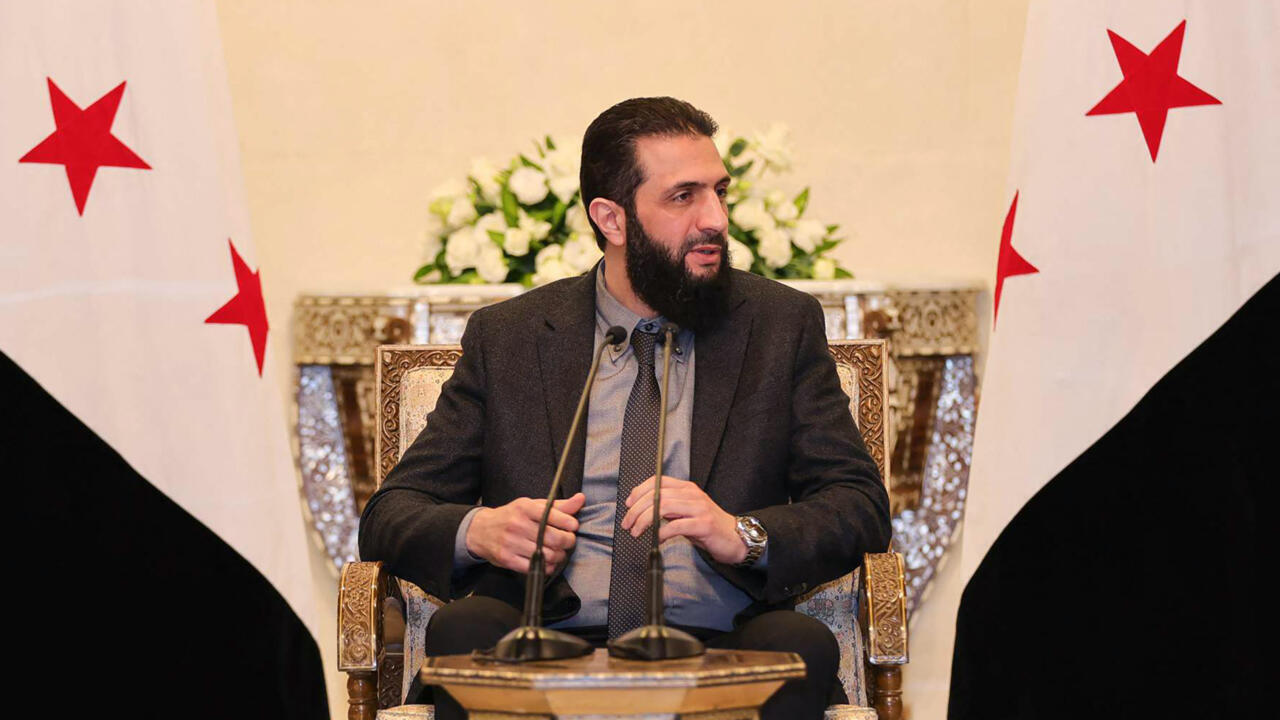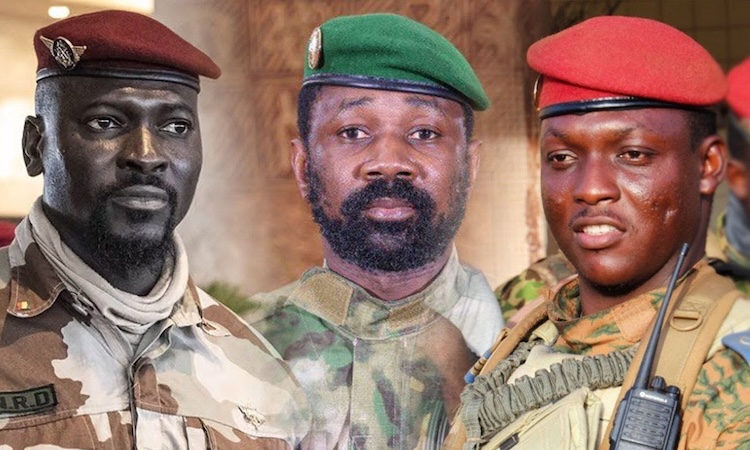The Syrian Arab army, in coordination with Syria’s popular self-defence forces, its Hezbollah allies and Russian air power, continues to advance towards the liberation of the whole of its territory from the grip of Islamic State and the rest of the terrorist rabble.
Before Christmas, the liberation forces in Aleppo province took control of both the Kweyris army base and the town of Al-Hader, the latter having served as home to the largest concentration of terrorists in the south of the province. Situated just 15 miles from rebel-held Aleppo itself, Al-Hader brought the army to within striking distance of the main highway connecting Aleppo to Damascus.
Shortly after this came the news that the last nest of terrorists holed up in Homs, in the al-Waer district, had given up the fight. Under a local truce it was agreed to bus the jihadis out of the city, releasing the population from its long nightmare and making it possible for humanitarian assistance to be rushed in.
The first two weeks of 2016 saw no let-up in the liberation war against the terrorists, with the enemy harried at every turn, culminating in the liberation of the town of Salma in the province of Latakia. The army’s general command stressed the importance of this step due to Salma’s strategic location, noting that the town had been one of the most important positions for the terrorist organisations and a command centre for them in Latakia’s northern countryside.
A further blow against the imperialist proxy warriors was the successful Syrian airstrike against the salafist terror group Jaish al-Islam, which resulted in the death of the group’s influential leader, Zahran Alloush.
These war criminals have a foul record of random mortar attacks launched into residential districts of Damascus from suburbs like Gouta and Douma – a criminal history that was carefully ignored by Alloush’s obituarists, who mourned him as a “moderate”, supposedly willing to fight Islamic State as well as Assad.
In fact, he was no less psychopathic than IS itself, publicly calling for the “cleansing” of Damascus from all shiites, whom he was wont to denounce as “majus” (‘non-muslims’), or crypto-Iranians. The loss of his leadership deals a further welcome blow to the morale of the enemy.
Syria endures and rebuilds
Such advances as these are a triumph for Syrians everywhere, many of whom volunteered to defend their own communities when they came under attack, as citizen-journalist Eva Bartlett recounted on her blog in December.
“Ziad, the friendly driver of the shared taxi I had taken from Beirut to Damascus, was from Jebal al-Sheikh, and as we traversed Syrian countryside toward the capital, he spoke of the early attacks: ‘They kidnapped our priest and even after we paid $15,000 ransom, they killed him and sent his body back to us.’
“He and others in his village took up arms to defend themselves. ‘I have two kids. Nusra came to us. I got a gun,’ he said.”
Bartlett recounted another conversation, in Damascus, with a member of the National Defence Forces, who told her simply: “We live and die here. But, aside from death, there’s no other way we’re leaving here.”
“Asked what message he would like to convey to the rest of the world, he said: “The problem is that those outside of Syria will not believe unless they come and see with their eyes. We can talk all we want but people won’t believe us. But when they come here they see we are muslims, christians, jews … all religions, and no one asks what your faith is. My good friend is muslim; he sometimes comes with me to church, and I go with him to mosque.”
Bartlett also gave a moving account of the courage with which Syrians are starting to rebuild their homeland, reporting: “some of the areas ravaged by the Nato/zionist/Gulf’s death squads but secured by the Syrian Arab Army (SAA) are coming back to life … When I visited [Homs] in June 2014, after the terrorists had been extracted from most of Homs, the destruction and vandalism I saw were immense.
“Even back then, as soon as the terrorists were gone, Old City residents were already returning in trickles to begin the clean-up and think about rebuilding their lives. Now, a year and a half later, while immense reconstruction remains, there was a significant improvement.
“I saw new shops opened, and saw homes, stores, streets, and churches decorated in the spirit of Christmas … Two well-known restaurants, which suffered differing degrees of destruction, have been reopened.” (Christmas celebrated in terror-ravaged Syria, In Gaza, 29 December 2015)
Geneva: Syria negotiates from strength
Those who have previously sought to block the road to peace by demanding as a precondition to talks the ousting of Syria’s lawful president have succeeded only in marginalising themselves diplomatically, leaving it to Russia, assisted to a certain extent and for their own reasons by France and Germany, to take up the reins.
This fact has not gone unnoticed outside of the charmed circle of the ‘international community’. Outside of the imperialist world, Russia’s serious efforts for peace are more recognised at their true value. For example, India’s foreign minister, Sushma Swaraj, recently told her Syrian counterpart, Walid al-Moallem, that India supported Syria in its fight against terrorism, welcoming Syria’s coordination with Russia and her efforts on the political track.
Now that the turning of the tide against the war of subversion waged on Syria has given the necessary spur to the unanimous passage of resolution 2254 through the UN Security Council (on 18 December 2015), the possibility has opened up of meaningful talks in Geneva.
Naturally, US imperialism and its proxies still hope to hijack the process, snatching victory from the jaws of defeat by packing the talks with shadowy ‘opposition’ figures working to an imperialist agenda. However, Syria is well prepared for such tricks. During his Delhi visit, Moallem spelt it out: “Syria will not let the terrorists who failed to achieve their goals by means of force gain them through the political talks.”
To this end, he made it clear that Syria needed to know exactly who it was debating with before any Swiss talks, saying: “We have shown our readiness to attend Geneva meetings on the Syrian-Syrian dialogue … the UN envoy to Syria di Mistura was satisfied with the outcomes of his visit to Damascus and there is a need to know the names of opposition figures, as our delegation would not go to hold talks with ghosts.” (Al-Moallem: Syria won’t let terrorists gain at talks what they failed to achieve by means of force, Syrian Arab News Agency, 12 January 2015)
Without the reverses inflicted upon Islamic State and the rest of the pack by the Syrian Arab Army and its staunch allies there would be no UN resolution 2254, no sudden enthusiasm on the part of Washington for a ceasefire, and no rowing back from hysterical demands for the overthrow of Syria’s legitimate leadership before talks can happen. What has changed the picture is the strength of the resistance and its allies.
Victory to the Syrian Arab Army, government and people!
















